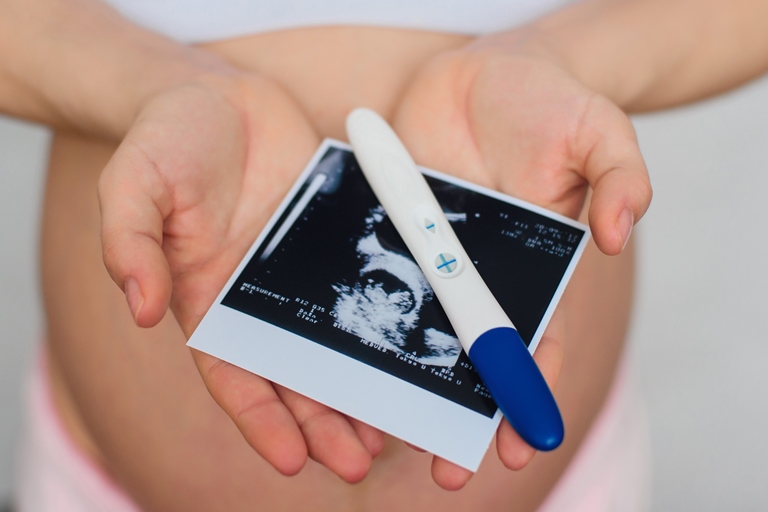
Every new mum wants a healthy newborn baby, but unfortunately, this isn’t always the case. Birth defects are incredibly common, and many are also treatable, but some can have a big impact on the health of both mum and baby. This month is Birth Defects Prevention Month and we are sharing a series of blog posts where we’re going to take a closer look at birth defects, what causes them, how they can be prevented and how they can be treated. This article is going to examine what causes them to help you and baby stay as safe as possible.
There are a number of causes of birth defects, and unfortunately not all of them are preventable, but by having a better understanding about what the causes are, preventative measures can be taken.
Genetics
Genetic abnormalities are very common and cause around 20% of birth defects. These can be caused by an abnormal gene passed on by the mother or father, or it could be caused by a mutated gene. In some cases, there may even be part of the gene missing. Unfortunately, genetic abnormalities can’t be prevented.
If the mother or father possesses a gene that could cause a birth defect, it isn’t guaranteed that this hereditary defect is passed on to the child and so it’s important to speak with your doctor or a specialist about the risks that could be involved in the pregnancy.
Lifestyle
Drinking alcohol, taking drugs or smoking whilst pregnant has been known to increase the risk of your child being born with a birth defect. Similarly, if you don’t smoke but are regularly around second-hand smoke, it’s thought that this can also have an impact.
Other lifestyle factors can also affect the baby, such as being obese, not getting enough exercise, or having uncontrolled diabetes. In some scenarios, older mothers – over the age of 34 – are often at higher risk of birth defects.
__________
Read More:
5 Essential Dental Care Tips for Pregnant Women
Top Foods to Avoid During Pregnancy
Screening for Breast Cancer During Pregnancy
__________
Medications and chemicals
Certain medicines and chemicals can also have side effects and cause birth defects. Isotretinoin, for example, which is used to treat severe acne, is known to increase the risk of a baby being born with a birth defect.
Some medication used to treat epilepsy can also have an effect on your baby, as well as certain antibiotics such as tetracycline. If you take any long-term medication, then it’s important to consult your doctor about the implications this could have on your baby, preferably before you get pregnant.
X-rays and radiation treatment for cancer can pose a threat and so many doctors will be wary about giving abdominal x-rays but will be able to x-ray other parts of the body provided proper shielding is used.
Infections
Some infections and disease can have a serious effect on the development of your baby. The rubella virus which causes German measles can cross the placenta and cause very harmful birth defects, including brain defects.
Other viruses and bacteria such as Herpes and salmonella can also cause problems that can lead to birth defects.
Resources:
https://www.healthline.com/health/birth-defects#causes
https://my.clevelandclinic.org/health/articles/birth-defects
https://www.cdc.gov/ncbddd/birthdefects/facts.html
http://www.netdoctor.co.uk/conditions/pregnancy-and-family/a9092/birth-defects/
{{cta(’73e51d6c-1181-4aa2-86c3-a35b5c3eb7ad’)}}


